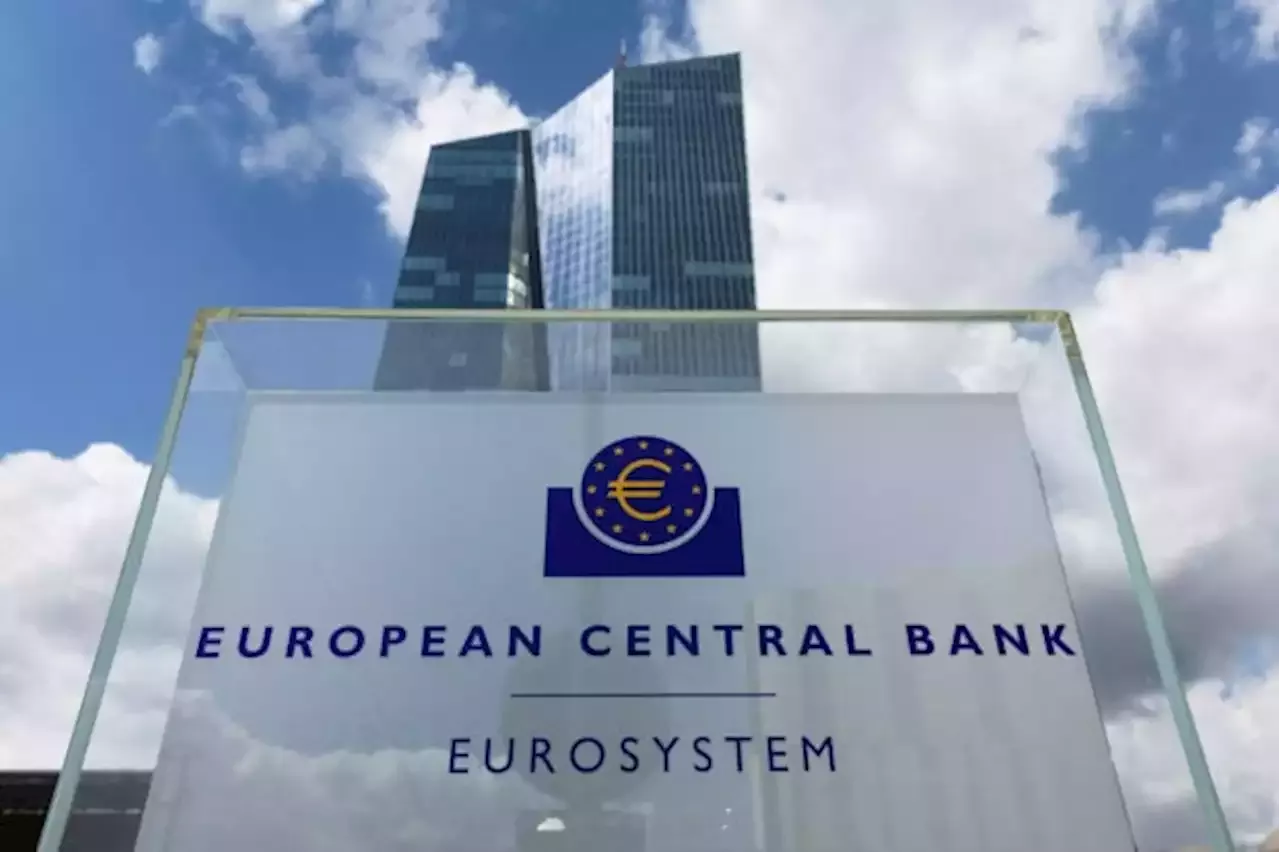Data articulated in more than two dozen slides presented to the 26 policymakers showed that company profit margins have been increasing rather than shrinking, as might be expected when input costs rise so sharply, the sources told Reuters.“It’s clear that profit expansion has played a larger role in the European inflation story in the last six months or so,” said Paul Donovan, chief economist at UBS Global Wealth Management.
Some European countries such as Greece have tabled measures to curb inflation in essential goods while France and Spain are debating similar steps. Euro zone consumer good companies, for example, boosted operating margins to an average of 10.7% last year, up by a quarter over 2019, before the global pandemic and the war in Ukraine, Refinitiv data shows.
“The public discourse to some extent is detached from what’s actually happening out there,” said Philipp Heimberger, an economist at the Vienna Institute for International Economic Studies. “The main story of the risks going forward is still that there’s a looming wage-price spiral which should make the central bank even more aggressive in hiking interest rates.”
Even inside the ECB, labor representatives demanding higher pay for central bank staff have distanced themselves from what they described as the institution’s “anti-worker bias”. ECB board member Fabio Panetta later said workers had borne the brunt of the surge in prices while, on balance, company mark-ups had remained stable, or even increased in some sectors.
